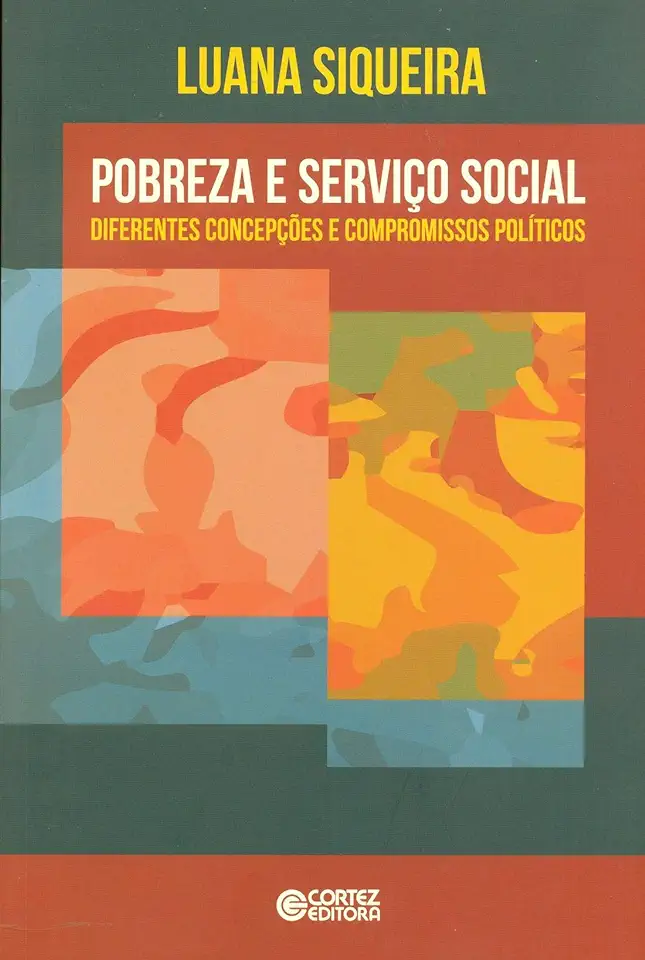
Poverty and Social Service: Different Conceptions and Political Commitments - Luana Siqueira
Poverty and Social Service: Different Conceptions and Political Commitments
Introduction
In her book "Poverty and Social Service: Different Conceptions and Political Commitments," Luana Siqueira offers a comprehensive analysis of the complex relationship between poverty and social service provision. Drawing on extensive research and case studies, Siqueira argues that poverty is not simply a matter of individual misfortune or lack of opportunity, but rather a systemic issue rooted in political and economic structures. She challenges conventional notions of poverty and social service, and proposes a transformative approach that emphasizes social justice and human rights.
Key Themes
1. Poverty as a Structural Issue
Siqueira contends that poverty is not merely a personal problem, but a structural issue deeply embedded in societal systems and institutions. She examines the role of globalization, economic policies, and political decisions in perpetuating poverty, and highlights the disproportionate impact of poverty on marginalized groups such as women, children, and minorities.
2. Rethinking Social Service
Siqueira critiques traditional approaches to social service that focus on individual assistance and charity, arguing that these approaches often fail to address the root causes of poverty. She proposes a shift towards social services that are based on principles of social justice, human rights, and collective responsibility. Such services should aim to empower individuals and communities, promote social inclusion, and challenge the structural barriers that perpetuate poverty.
3. Political Commitments and Policy Choices
Siqueira emphasizes the importance of political commitments and policy choices in shaping the effectiveness of social service provision. She examines the different ways in which governments and societies conceptualize and address poverty, and argues for a transformative approach that prioritizes poverty reduction and social justice. This approach requires a fundamental shift in political priorities, a commitment to redistributive policies, and a recognition of the inherent dignity and rights of all individuals.
Case Studies and Evidence
Siqueira supports her arguments with a wealth of case studies and empirical evidence from around the world. She draws on examples from both developed and developing countries to illustrate the diverse manifestations of poverty and the challenges of social service provision. These case studies provide a nuanced understanding of the complex interplay between poverty, social service, and political commitments.
Conclusion
"Poverty and Social Service: Different Conceptions and Political Commitments" is a thought-provoking and insightful book that challenges conventional thinking about poverty and social service. Luana Siqueira's analysis is both rigorous and compassionate, and her proposals for transformative change are grounded in a deep understanding of the social, economic, and political dimensions of poverty. This book is essential reading for anyone interested in social justice, poverty reduction, and the role of social service in creating a more equitable and humane society.
Why You Should Read This Book
If you are passionate about social justice and poverty reduction, "Poverty and Social Service: Different Conceptions and Political Commitments" is a must-read. Luana Siqueira's groundbreaking work offers a fresh perspective on poverty and social service, and provides valuable insights into the political and economic factors that perpetuate poverty. With its compelling arguments,丰富的案例研究, and transformative proposals, this book is a powerful call to action for anyone committed to creating a more just and equitable world.